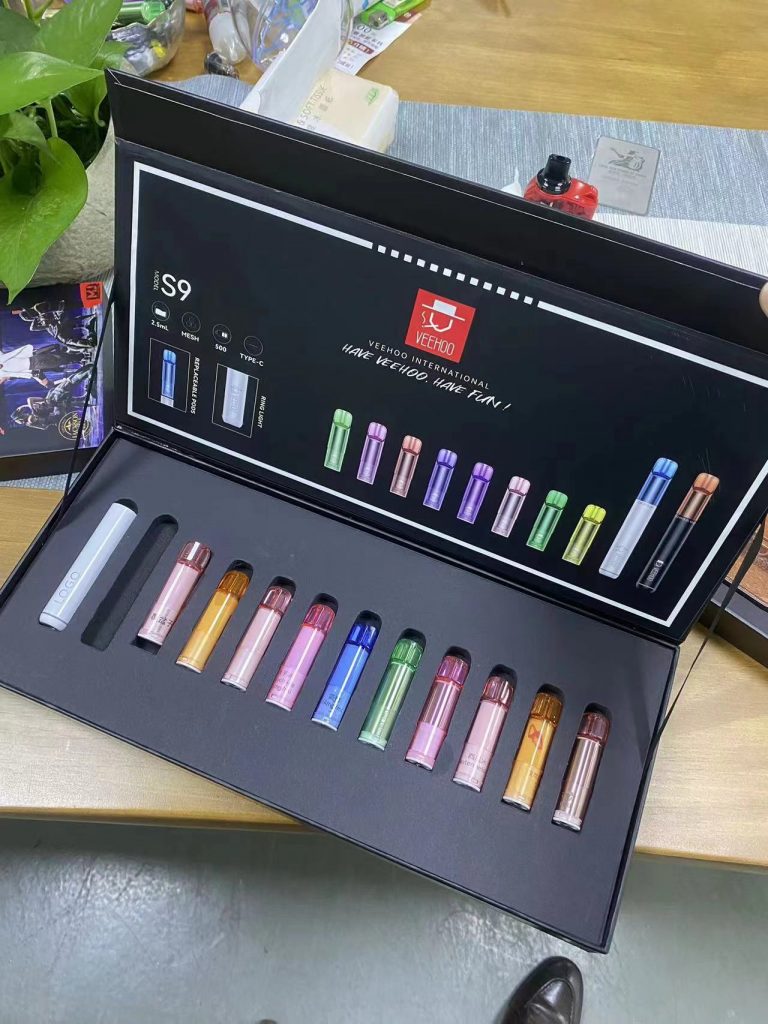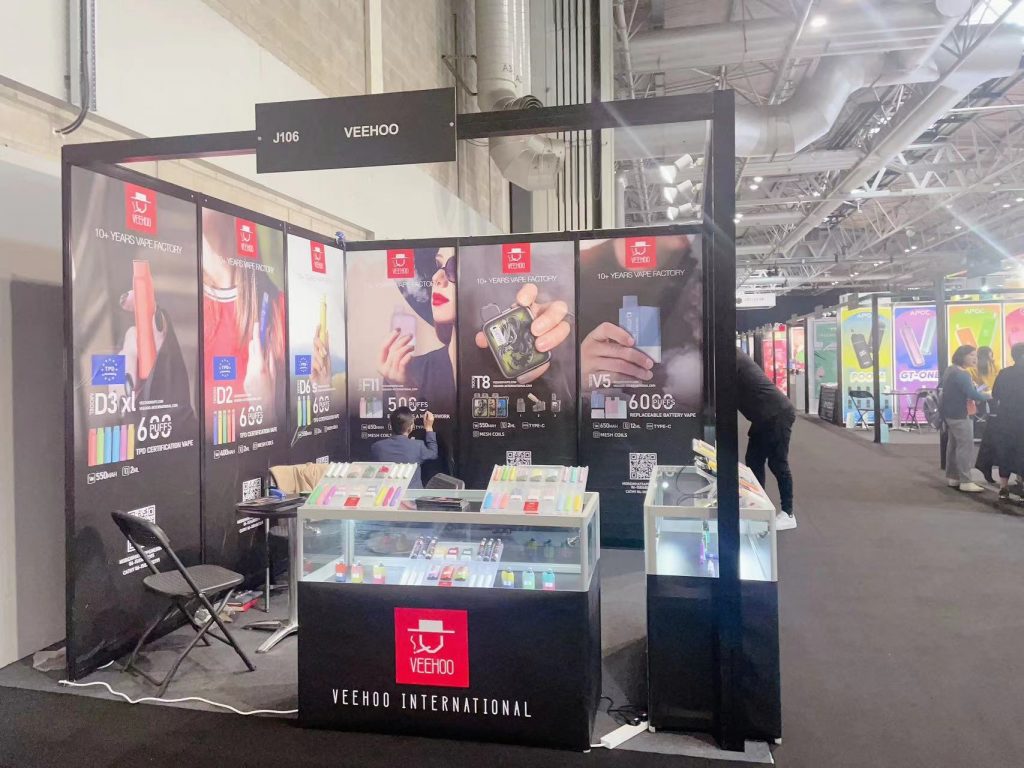Recently, Indonesia implemented a new vape tax that sparked a lot of discussion despite the country’s challenges in reducing tobacco harm. The tax will take effect on January 1, 2024, and vape products will be subject to an additional 10% tax in addition to the existing excise tax. Indonesia imposed a consumption tax of up to 57% on vape liquids as early as 2018. The purpose of this new tax is to create a level playing field with traditional cigarettes and address the long-term health effects associated with vape liquids.
However, despite the challenges Indonesia faces in combating high smoking rates, peer-reviewed studies consistently show that vape products play an important role in reducing consumption of traditional cigarettes. Studies indicate that switching to vapes may reduce health risks by reducing smokers’ exposure to harmful chemicals found in traditional cigarettes. In fact, a report released by the National Academies of Sciences, Engineering, and Medicine in 2019 stated that vapes are much less harmful than traditional cigarettes, although they are not without risks. The report also highlights that smokers can reduce their exposure to a variety of toxic substances and carcinogens if they switch to vapes.

In the case of Indonesia, exploring harm reduction strategies such as vapes can provide potential avenues for proactive public health strategies, as long as strict regulations are in place to prevent youth vaping. This idea is supported by countless studies and smoking cessation experts around the world. Sadly, however, Indonesian authorities appear to have ignored this and instead resorted to taxing vapes.
This new vape tax has had some impact on sales. According to discussions with some local retailers in Bali, Indonesians are adapting to the new prices by buying products illegally imported from neighboring countries. Some retailers said the new tax didn’t really affect sales to foreigners, possibly because they didn’t know how to get cheaper products. For locals, however, it’s a different story. They were able to buy cheaper products by knowing people they trusted, leading some vape shops to start selling special illegal products in the back of the store and only offering them to customers they trusted. These illegal products are not dangerous and are simply imported from duty-free countries.

At the same time, Veehoo vapes, as a company committed to providing safe and reliable vape products, has a unique positioning for the Indonesian situation. Veehoo vapes adhere to strict manufacturing standards and focus on product quality and safety. Their products are rigorously tested to ensure the health and safety of their users. Veehoo vapes are also committed to promoting the correct use of vapes and providing comprehensive user guides and support. They recognize that vapes serve as a harm-reduced alternative that can help smokers gradually quit traditional cigarettes, thereby reducing health risks.
In response to Indonesia’s new vape tax, Veehoo vapes may need to adopt some strategies to adapt to the new market environment. They can strengthen cooperation with local retailers to ensure that their products can be supplied to local consumers at reasonable prices. In addition, Veehoo vapes can also communicate the safety and harm reduction advantages of vapes to the public through education and publicity activities, thereby increasing consumer awareness and recognition of its products.

Overall, while Indonesia’s new vape tax aims to level the playing field and address health impacts, it may overlook the important role of vapes in reducing traditional cigarette consumption and reducing health risks. For the vape industry, reasonable supervision and price control are key to ensuring product safety and reliability. For Veehoo vapes, they can succeed in this market by continuing to promote the correct use of vapes and providing smokers in Indonesia with a safer choice through partnerships with local retailers and educational campaigns.